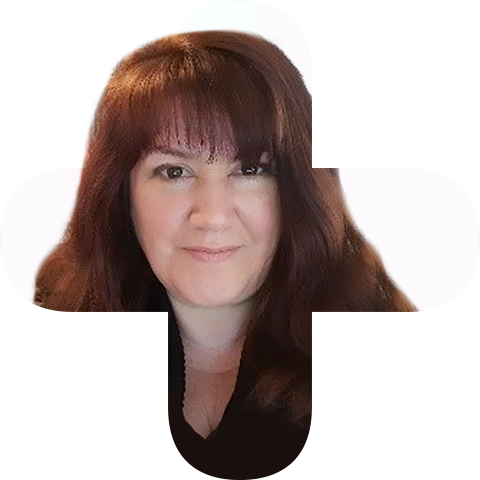International Women’s Day (IWD) is a global celebration of the social, economic, cultural and political achievements of women, and a key moment to recognise the achievements of women in the workplace. Marked annually on 8 March, it’s an opportunity for individuals and organisations around the world to raise awareness about equality for women.
This year, the United Nations’ campaign theme is ‘Gender equality for a sustainable tomorrow’, supporting women to move forward in their successes and helping give them recognition for their work with building a more sustainable future.
Unite is committed to these values and proudly celebrates the achievements and contributions of all the women within its business.
To mark the day, we had the privilege of speaking to Dr Jane Lynch, Reader in Procurement and Supplier Management at Cardiff University Business School, Wales, United Kingdom. As a prominent thought-leader and female academic in the UK, we hear her views on how educators and businesses are working to shape the future of sustainable procurement by creating career opportunities and sustainable futures for women in the sector.
Is there a bias in the ratio of men to women in procurement, especially within senior roles?
We see that the procurement sector is changing, and it’s definitely going in the right direction, even if slowly. People are recognising that the profession requires a lot more soft skills. Women are very good diplomats, managers, as well as decision-makers. And with employee wellbeing, social value, corporate social responsibility, sustainability and environmental issues, women tend to be very interested and drawn to those emotive values.
What are the challenges for women in procurement and supply chain management?
It’s important to believe in your abilities and value, and in each other. I tell students to be confident, determined, professional, but most importantly be true to yourself and not mould yourself into something you’re not in order to conform to perceptions. This means that part of the challenge in procurement is convincing women that they are ready and capable of being promoted, especially into senior roles, or to look for opportunities to progress.

The last couple of years, and hybrid working, have definitely opened up more opportunities and, I think, a change in everyone’s understanding about what is achievable in this new way of working. Coming out of the pandemic there is such a lot of uncertainty, and labour mobility is at its highest as people work from home and from distance. People are seeing this as an opportunity to change and progress their roles.
Dr Jane Lynch, Reader in Procurement and Supplier Management at Cardiff University Business School
Where is the industry going in terms of greater opportunities for women? Is it sustainable?
I think there’s never been a more important time to bring more women into senior roles within organisations. And that’s purely circumstantial from where we are and what businesses we are facing at the moment. We are currently going through significant change in business, and also experiencing an exciting digital transformation. Organisations are thinking differently about their market positioning, their structure, their strategy, so a lot more creativity is required in these businesses. And this is where women excel – creative and lateral thinking. Women have different strengths, there’s no doubt about it. I think that businesses are all moving towards equality and diversity values. Inclusivity is a key part of public and private sector strategies going forward, and businesses are valuing the significant contribution that women bring to their teams and management hierarchy, by being enablers and seeing situations and challenges differently.
What’s the ratio of female students to male on your supply chain and procurement degrees? Have you seen a year-on-year increase in women applying?
What I’ve found is that a lot of female students initially take marketing or business management degrees and after graduation, side-step into procurement having appreciated first hand its value in the workplace. Women are seeing the importance of procurement especially in today’s more conscientious world, and then you see them develop a passion for the profession and excel.
How do we encourage the next generation of young women to know that there are opportunities here to embrace procurement as a good career, whether it’s in the public or private sector?
How we educate our students, embedding values and our approach to teaching definitely sets a standard for gender equality in the professional workplace. Schools, universities, and colleges are playing an important role. I would like to see procurement, supply chain and logistics feature more in business subjects on the secondary school curriculum. They should not just focus on the traditional areas such as marketing, human resources, or accounting. Students have little if any understanding of the important contributions made by purchasing and supply chain management when they decide which programme to study at university.
It is also the responsibility of businesses to open up more opportunities to support the development of young women.
Dr Jane Lynch
What Unite is already doing to support Business Management undergraduates from Cardiff University by providing internships and extended study placements is exactly the type of thing businesses should be encouraging, as well as graduate programmes and apprenticeships.
Thank you very much, Jane, for letting us speak with you and gain your insight on these important subjects and helping Unite support this year’s campaign theme of ‘gender equality today for a sustainable tomorrow’.

Flexible and hybrid work models
Unite supports women in 15 countries across Europe and offers them the opportunity to focus on their personal development and career in the e-procurement business. Flexible and hybrid work models as well as various forms of assistance and benefits make Unite a champion of work-life balance.
